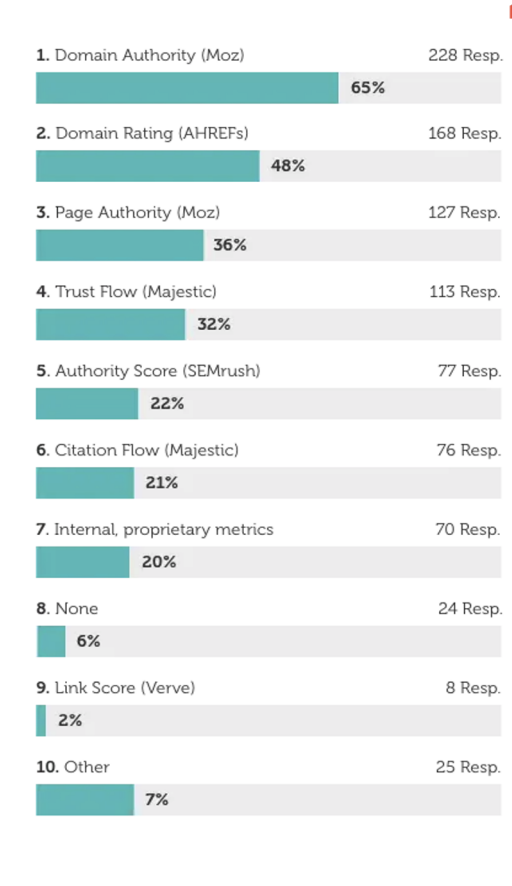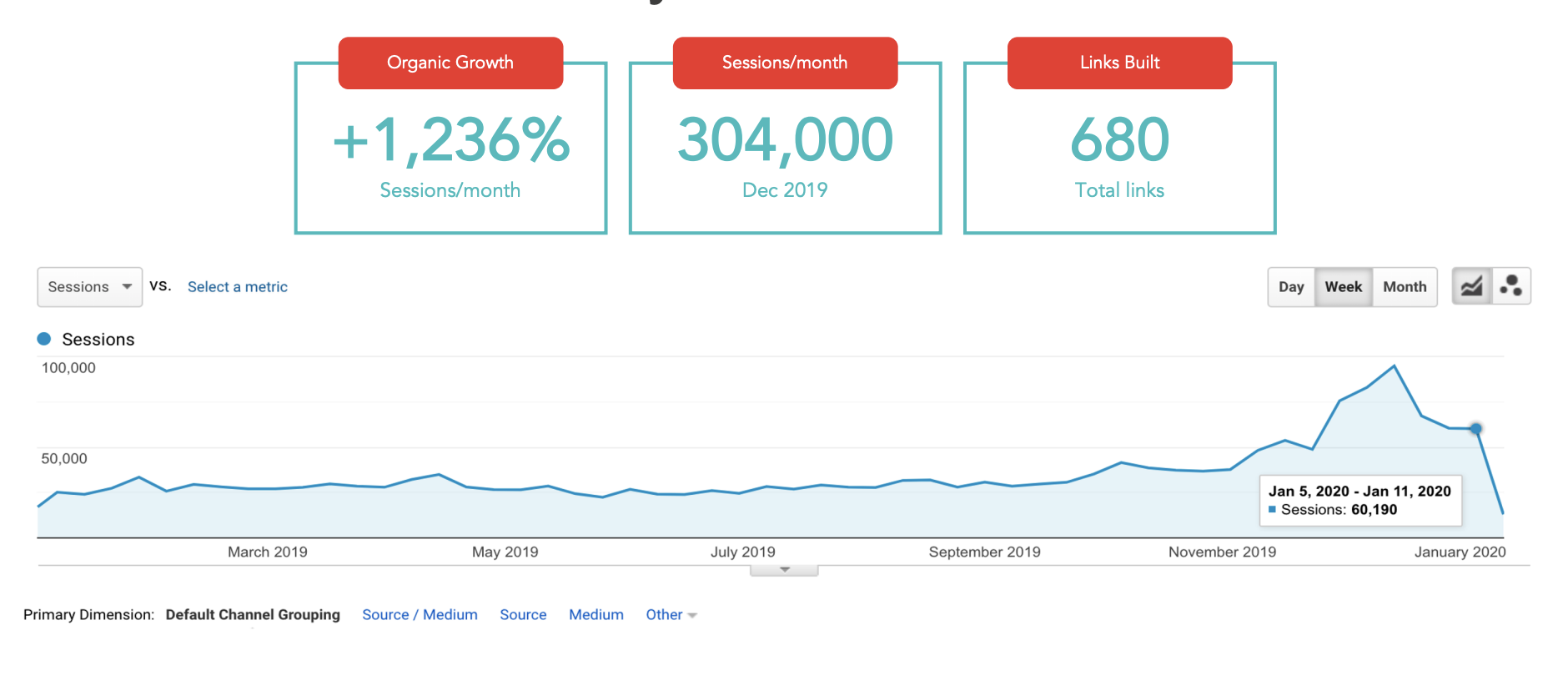How to evaluate a site for “quality” is among the most misunderstood concepts in SEO.
Getting this wrong can result in you leaving sites out that can drive ranking, or worse, including sites that will provide no value or potentially get you penalized.
On November 10, I moderated a sponsored Search Engine Journal webinar presented by Kevin Rowe, Founder, and CEO at PureLinq.
He shared tips on identifying and evaluating your sites for link building so that it’s high-impact and low-risk.
We’ve summarized the webinar presentation below if you’d like the highlights.
For a deeper dive, complete the form to access the entire presentation with all the extra details.
Google Pays Attention To Link Building
There are a lot of different aspects to link building, from strategy to analysis and reporting.
 Image Source: PureLinq
Image Source: PureLinqWe focused on evaluating sites for link building for this webinar, which is often a very misunderstood topic. Let’s start with some quick background.
The Google Penguin update launched in 2012. Part of its goal was to promote high-quality websites and marginalize the presence of those engaging in manipulative link schemes and keyword stuffing on search engine result pages (SERPs).
Having Penguin as part of Google’s core algorithm means Google pays attention to link building, leading us to examine criteria when evaluating sites.
Sources Of Information On Evaluating Site Quality
Google provides a lot of information on guiding you on link building. You can check out:
- Google Link Scheme.
- Google Rater Guidelines.
- John Mueller.
However, you may need to take this with a grain of salt and test what will work for your business.
There are SEO professionals out there who are not following 100% of what Google is saying in link building (i.e., disagreeing with Google’s take on not following all your outbound links for guest posts) but still seeing significant wins as a result.
Metrics vs. Quality
A poll from Aria shows what metrics were relevant to SEO professionals and digital marketers in evaluating site health.
 Image Source: PureLinq
Image Source: PureLinqWhile you can evaluate a site’s quality based on these metrics, there’s still a lot of different variables to consider, including the content, the content value, its readability, which are are more important than just link profile or amount of content on the site.
It all boils down to three key areas to look at when evaluating sites on the quality scale:
- Purpose.
- Content depth.
- Credible sources.
Key Elements For Site Evaluation
Audit the content from a user’s perspective and make sure to check these critical elements when evaluating a site for link building:
- Content: Written & visual content for blogs, main site content, etc.
-
- Commercial links: links to money pages not tagged with nofollow or sponsor.
- Navigation: way too general for a blog.
- No-no keywords: gambling, porn, payday loans.
- Frequency: posts are infrequent or old.
- Admin: Do they have advertising, and what are the policies?
-
- About us: links to money pages.
- Admin pages: advertising, guest posts.
- Info: phone, address, email.
- Link Profile: What do the links pointing to the site look like?
-
- Excessive links: too many links pointing to one page.
- Low Authority: use DA or DR.
- Non-relevant links: links don’t make sense for the page.
- Authorship: Who is responsible for the main content and support content?
-
- Names & Bylines: set to admin or site name.
- Author page: information about the author.
- Foreign: the author is from the country targeted.
- Reputation: Does the authorship have any importance?
-
- Presence: has a presence.
- Following: personal, micro-influencer, influencer, news.
- Engagement: the presence of engagement.
- Technical: How do users find and engage with the content/site?
-
- Indexed: exists in index with more than the homepage.
- Geo: the focus of the audience’s country.
- Page Engagement: ads, layout, linking.
Case Study: B2C Ecommerce
Does evaluating these key elements help with successful link building?
It does. In this case study, Rowe’s team investigated the same vital elements and grew one site to over 304,000 sessions a month, increasing over 1,000%.
 Image Source: PureLinq
Image Source: PureLinqAfter they started link building, they built over 680 links to this domain across multiple pages.
Key Takeaway
A proper site evaluation will help you assess if the quality meets your needs, and that campaign can be highly effective at driving more organic traffic to your site.
These days a strong link building campaign is an essential part of a well-planned marketing strategy, and most enterprises who understand this are the ones who prosper in the long run.
[Slides] How to Evaluate Site Quality for Link Building
Here is the presentation:
Join Us For Our Next Webinar!
Beyond ROAS: Aligning Google Ads With Your True Business Objectives
Join Justin Covington, Director of Paid Channels Solutions at iQuanti, as he breaks down the Google Ads changes and show you how to use value-based bidding to drive measurable results.
Featured Image: ArtemisDiana/Shutterstock


